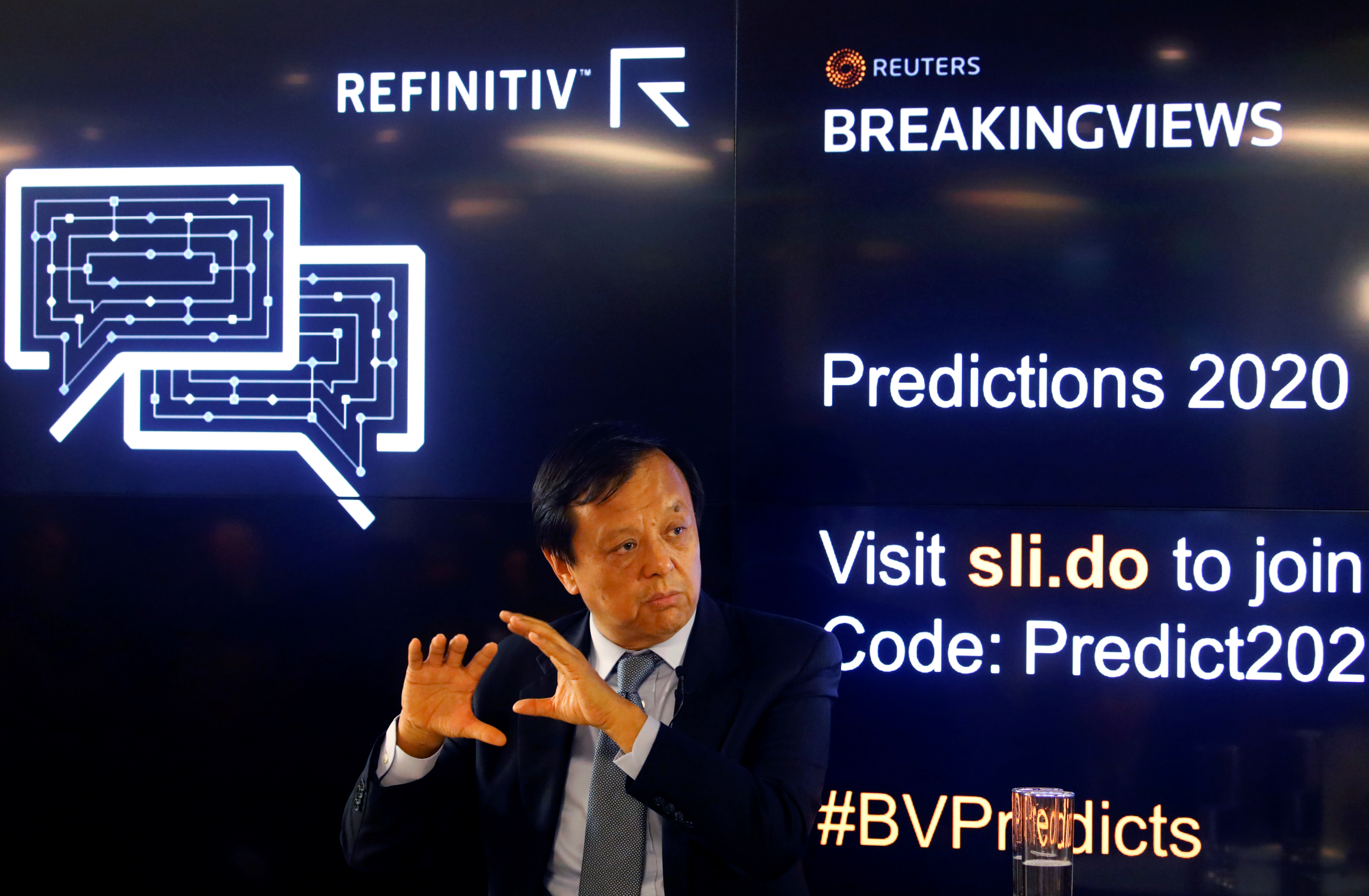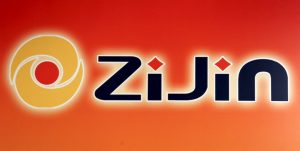(ATF) Earlier this month, Hong Kong Exchanges & Clearing announced that 52-year-old Argentine Nicolas Aguzin will succeed Charles Li as CEO of the world’s 5th largest stock exchange. Both executives share an American educational background – Li went to Columbia, Aguzin to Wharton – and both joined HKEX directly from top positions with JP Morgan, the notable difference being that Aguzin comes from the private banking side of the US’s largest bank.
In this article, I wanted to briefly summarize some of the main advances made by HKEX over the past decade under Charles Li’s leadership, and speculate on a few key milestones investors might expect over the next few years when the exchange is led by Nicolas Aguzin.
Charles Li’s great decade
Just as iPhone upgrades from year to year seem far less dramatic than comparing the iPhone 12 to the iPhone 4 from ten years ago, it is easy to forget how far the Hong Kong market has progressed over the past decade without remembering what we know that wasn’t even available when Charles Li took the helm in 2010.
2010 was really the first year that Renminbi deposits started taking off in Hong Kong, an important but still early step in the internationalization of China’s main currency. The following year, HKEX listed the first RMB-denominated real estate investment trust (REIT), followed by the first RMB-denominated ETF in 2012.
These could be seen as small stepping stones to what has arguably been HKEX’s greatest achievement so far this century, the launch of “Stock Connect” systems that provide global investors unprecedented direct access to Shanghai and Shenzhen listed A-shares via the above-mentioned RMB in Hong Kong, while also providing Mainland investors “Southbound” access to Hong Kong listed shares.
With Shanghai as the world’s third largest stock exchange by market cap and Shenzhen number 7, this link between three of the world’s largest stock exchanges in the second largest financial market is about as important as the ability for US brokerage accounts to switch between NYSE and NASDAQ listed stocks as easily as they do.
That might leave investors wondering why this sort of connect system hasn’t been more widely copied between other pairs of stock exchanges, especially if they could provide access to India, Korea, Vietnam and other markets that remain difficult for foreign individual investors to access directly.
A more critical biography of Charles Li’s leadership of the exchange might highlight the abandoned attempt to buy the London Stock Exchange in 2019, but this should not eclipse the successful 2012 takeover of the London Metals Exchange and what that might mean for the world’s largest metal buyer.
Over Charles Li’s tenure, HKEX shareholders were handsomely rewarded for these accomplishments with significantly and consistently higher total returns versus the index. Although the past three and a half months might seem like outliers, the 10-year return numbers speak for themselves, and investors don’t seem to be complaining.
What might be next for HKEX?
Given the incoming CEO’s international and private banking background, one might expect the new leader to place a greater focus on the HKEX’s role as the hub of wealth management between China and the rest of the world. Although the Charles Li era may seem like a very “tough act to follow”, frequent customers of the exchange, including wealth managers like myself, like to speculate on what advances we might wish to see from the exchange in the coming years. Some items on my wish list would include:
First, HKEX could fight to regain its lead over SGX with regard to China fixed income and currency products. Two specific examples I’m thinking of here are RMB bond ETFs and RMB currency futures contracts, both of which have seen Singapore take leads over Hong Kong despite the latter’s “home field advantage”.
Second, HKEX still has a long way to go in expanding its ETF offerings to become truly competitive with US and European ETF exchanges. Hong Kong currently lists about 140 Hong Kong dollar-denominated ETFs, 40 RMB-denominated ETFs, and about 40 US dollar denominated, but the selection is still too limited and the median expense ratio (0.68%) still way too high for long-term investors to build a world-class asset allocation using only HK-listed ETFs. Big strides have been made recently with launches of an active money market ETF, iron ore futures ETF and China A-Share ESG ETFs, but a quick survey of which ETFs local family offices are still accumulating overseas will hint at which sorts of products Hong Kong needs more of.
Third, I see many important advances the HKEX could make towards making low cost ETFs and other high quality investments more directly accessible to a much larger number of people, especially in our retirement plans. Here, one specific wish would be to see a simple MPF scheme with a just a few global stock and bond ETFs and a total expense ratio below 0.4%, though easier and cheaper access does not need to be limited to MPF.
Fourth, in addressing the question of whether Hong Kong can be a regional or even global exchange hub, rather than just a China hub, we will also watch to see if the 10-year licensing agreement HKEX signed with MSCI gives enough time to get critical volume into the futures contracts. Although many investors use these benchmarks, wealth managers would prefer to see mini-contract sizes and larger volumes in order to trade these benchmarks here rather than in Frankfurt or New York.
Fifth, some of us are also still watching to see how plans for a “commodity connect” trading system with the Mainland continues to develop.
Conclusion
There are many other past accomplishments I’d like to praise, and future features I’d like to wish for from Hong Kong Exchange, but these are my top few of each.
Mr Aguzin, if you are reading this a few years from now, I hope you will have pleasantly surprised Hong Kong’s wealth managers even more than Mr Li surprised shareholders.























